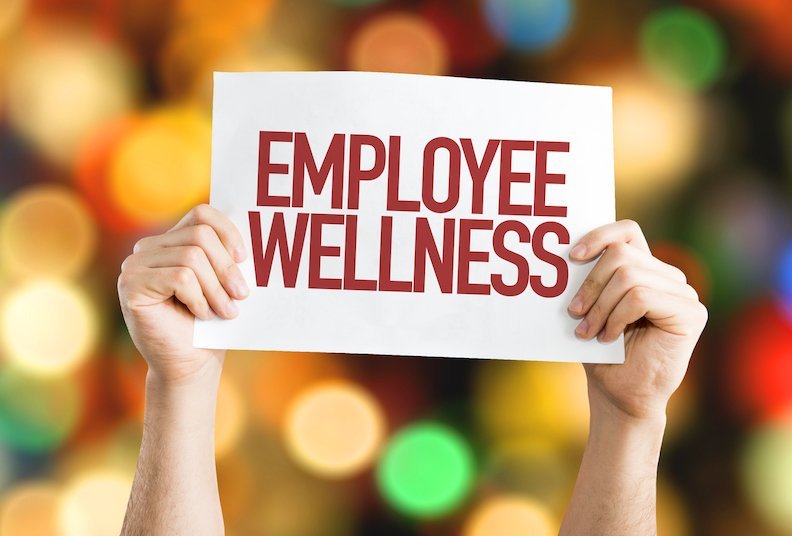Simple changes to become a menopause friendly employer
Menopause is becoming an increasingly high-profile topic. Shifting from one talked about in hushed whispers — if talked about at all — to reaching media headlines and being discussed in Parliament. It’s been an amazing trajectory and the momentum is continuing to build.
And, increasingly, it’s a topic that more and more organisations are now adding to their equality, diversity and inclusion policies and practices. Responsible employers are realising the value of supporting menopause in their workplaces. In commercial terms, it helps to retain top talent, boost morale and reduce recruitment costs.
In reputational terms, it positions them as an employer who cares about their colleagues’ wellbeing. Most importantly, in real terms, it shows that they are willing to do the right thing: to recognise that menopause can bring challenging symptoms for some and to put support in place to address these at work.
Proud to be menopause friendly
Already, over 100 organisations have committed to becoming menopause friendly or already achieved Menopause Friendly Accreditation.
HSBC UK, first direct, M&S Bank, ATOS, Aster Group, Burness Paull, Sainsbury’s Group and Huddersfield Town FC have demonstrated to Menopause Friendly’s Independent Panel that they met all of the rigorous criteria to receive the accreditation. This means they’ve brought in the right menopause awareness, education and support across all areas of their business.
Making a difference
No two organisations are the same. Which means menopause support doesn’t come with a one-size-fits-all approach. The right support will depend on your business: size, nature, locations, scope of roles and so on.
The good news is that in most cases, adding in guidance and support is simple, straightforward and cost effective. But while the changes might be small, the difference to those struggling is often beyond measure.
Getting started
Learn about menopause.
Don’t be put off if it’s a topic that you don’t know anything about — it’s not something we’re born with inherent knowledge of. But by understanding just what menopause is and how the symptoms could impact someone at work, you’re off to a good start.
Create an open culture.
This is so important. Conversations around menopause are the best way to get the subject out in the open. Encourage colleagues to have discussions about menopause, make it clear that nothing is taboo. This is one of the best ways to start your journey to becoming menopause friendly.
Get your leaders involved.
Buy in from senior leaders can often help an initiative gain traction, particularly if they’re willing to share their own experiences and stories.
Take your training to everyone. Training and workshops are a great way of educating your teams about menopause and how they can ask for help or support their colleagues. This training isn’t just for menopausal women: it’s for everyone within your organisation.
Give your line managers the confidence to help.
Again, this is where the right training comes in. They don’t need to become medical experts: it’s not about giving advice. But they need to offer a listening ear and understand what adjustments could be offered to help.
Make your guidance accessible and publicised.
Whether you choose to have a formal policy or guidance and information, you need to make sure everyone knows about it. That it exists, how to access it and where to turn if they need more information.
Look to your wider support.
This will depend on your organisation. Do you have an HR or Occupational Health function? Or an Employee Assistance Programme? These are all great ways to offer a back-up for your line managers.
Becoming menopause friendly is really about valuing your colleagues. Listening to what they have to say, what symptoms they might have which are getting in the way at work. Being prepared to find answers and to offer support. Organisations which put these things in place become known as great places to work.
What does your organisation have in place or in mind to become menopause friendly? Now is the time to take action… or risk getting left behind.
Want to put these changes into action? Join our membership or get in touch with the Menopause Friendly team today for more information and guidance.



Comments are closed